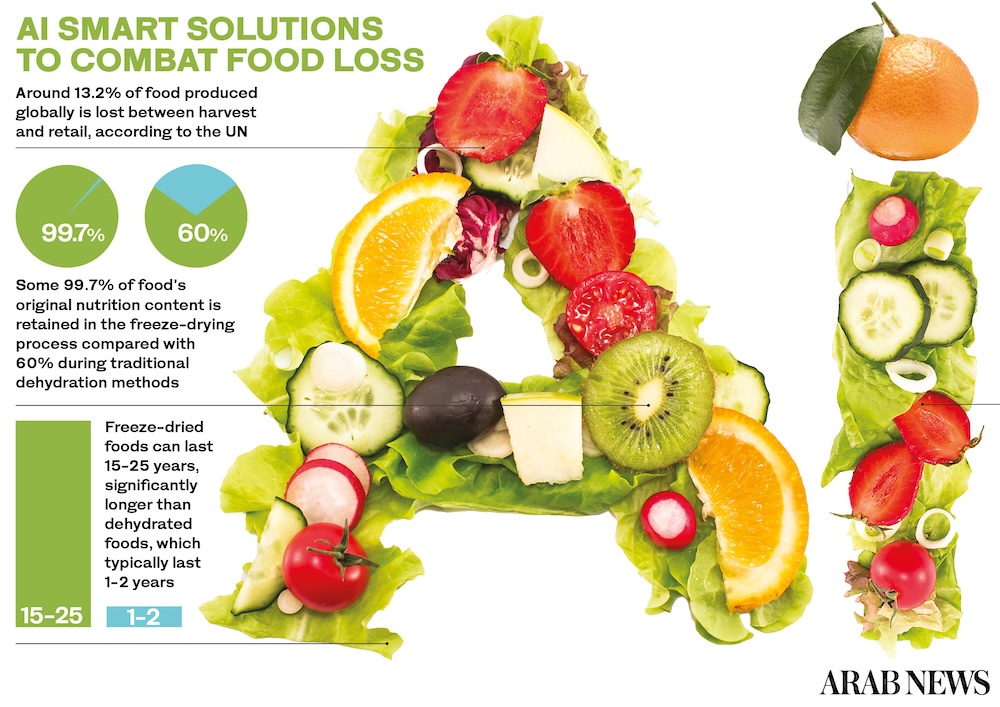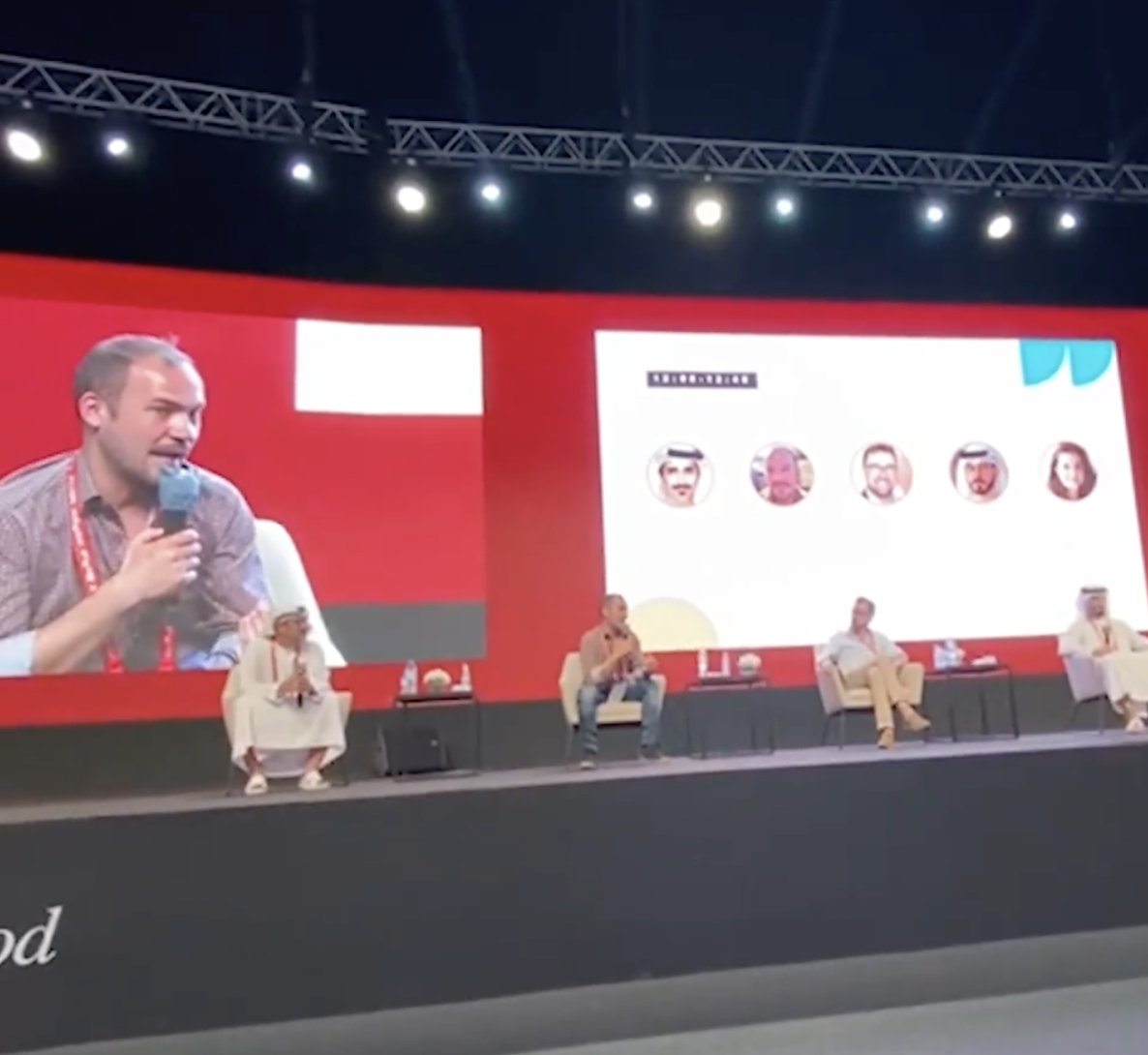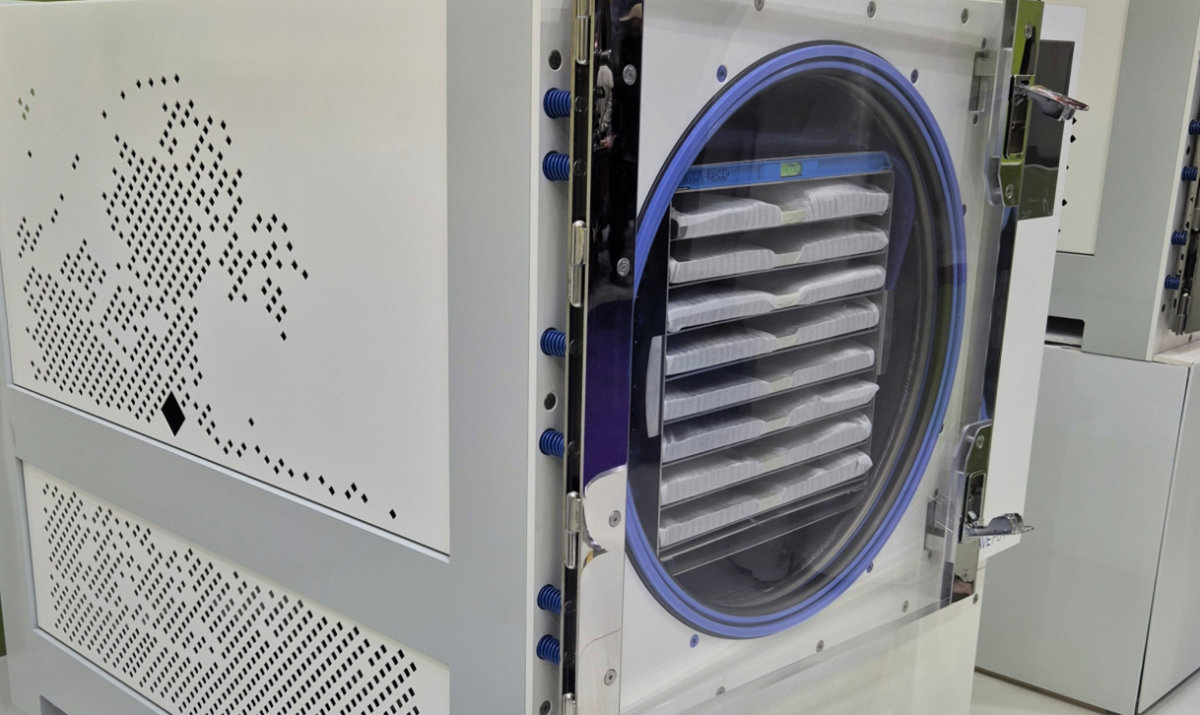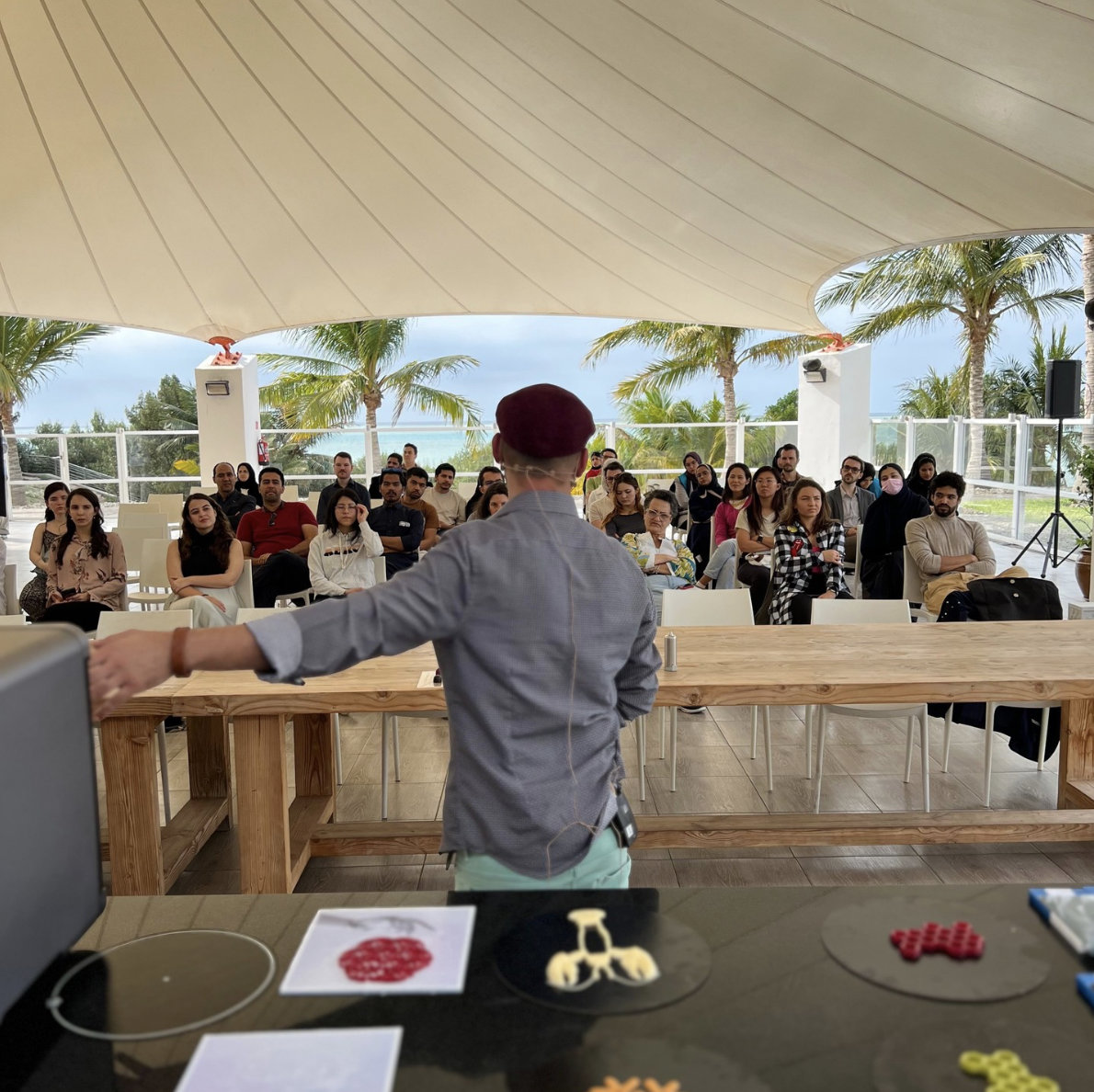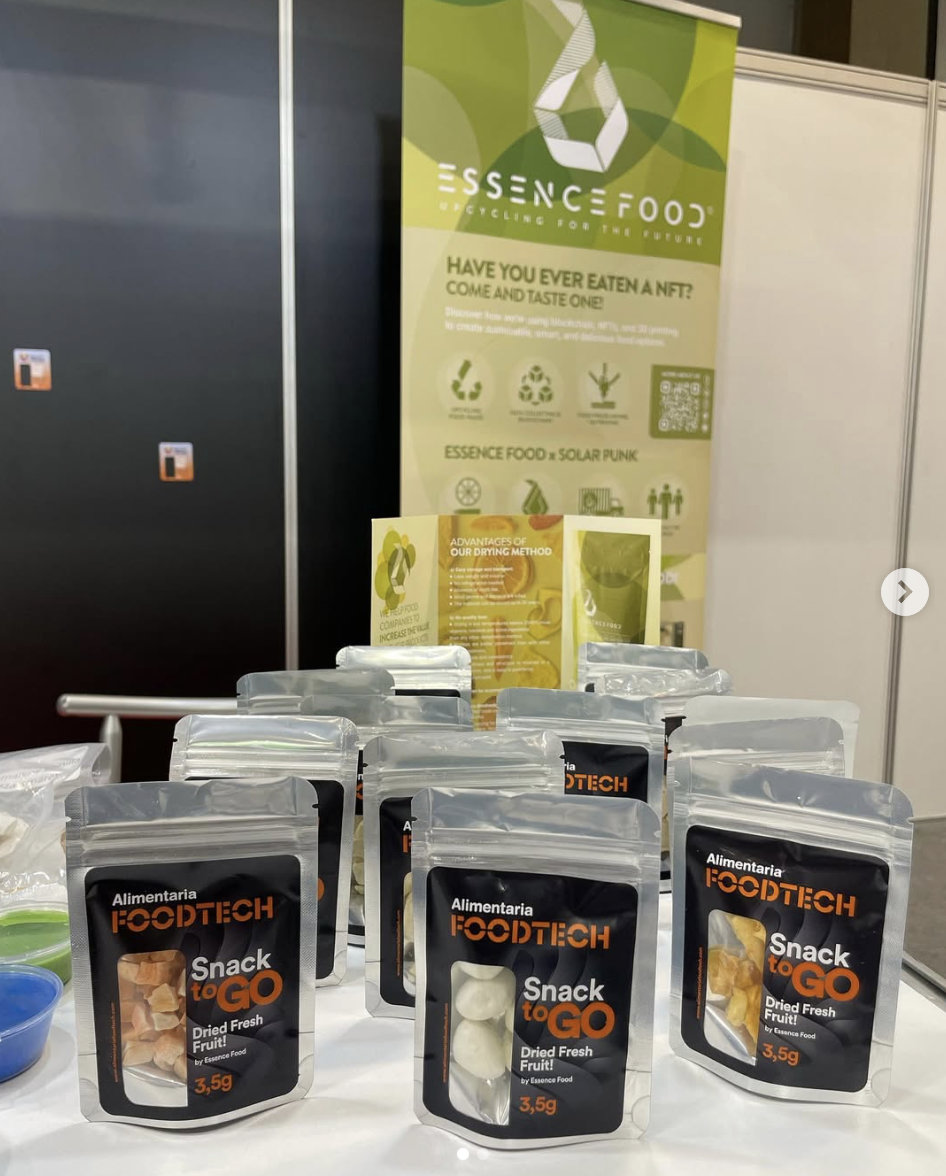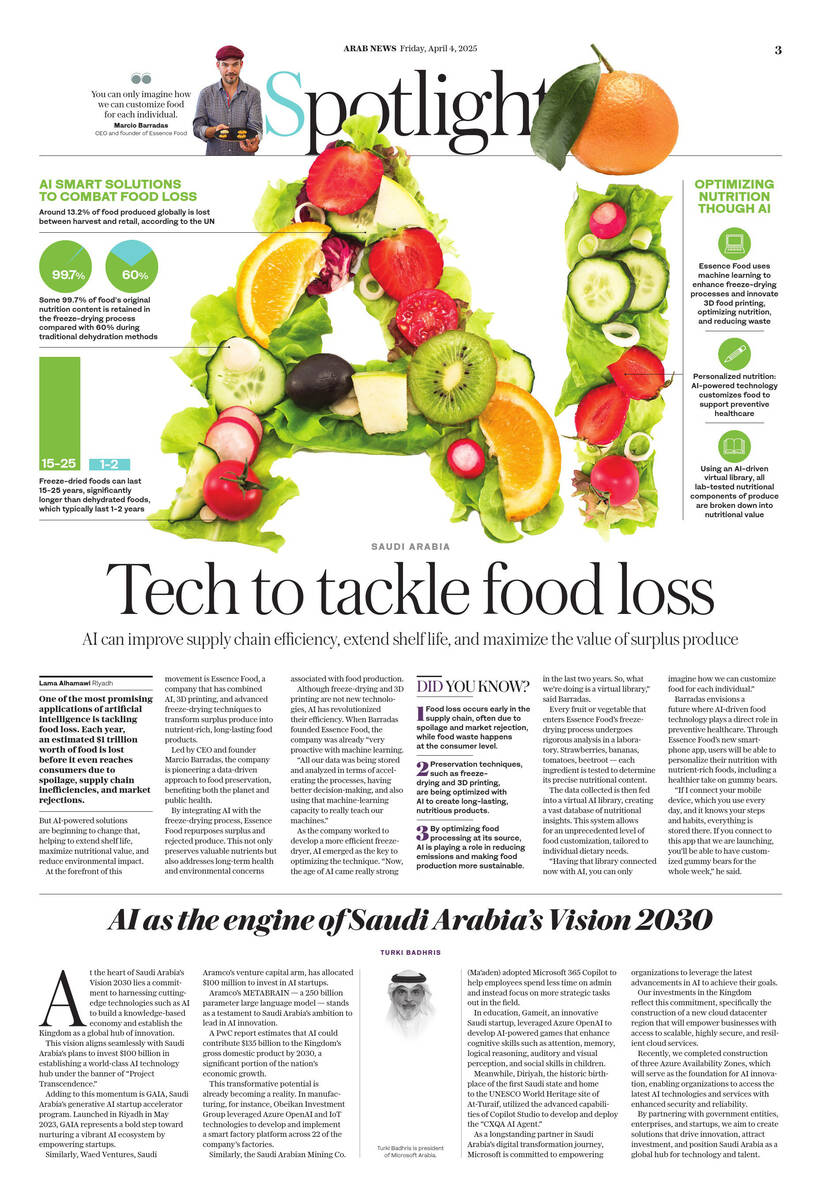RIYADH: For Muslims across Saudi Arabia, Ramadan is exemplified by its spirit of reflection and generosity, with a surge in charitable initiatives during the holy month.
Communities rally to fund medical treatments for the sick, sponsor orphans’ education, and equip families with tools to build self-reliance — all fueled by a faith that sees giving as essential.
To safeguard this spiritual momentum, Saudi Arabia has strengthened frameworks ensuring that donations flow securely to causes that transform lives.
The Presidency of State Security has underscored how donations must be made through official channels.
For international donations, the agency emphasized that the King Salman Humanitarian Aid and Relief Centre (KSrelief) remains the sole authorized entity, adding that violations would be met with legal consequences per the Kingdom’s laws.
Among the approved organizations driving this Ramadan’s charitable momentum is the Charitable Society for Orphans Care (Ensan), a Riyadh-based organization dedicated to orphan welfare, which empowers mothers and children to rebuild their lives.
Mohammed Al-Muharib, director-general of Ensan, told Arab News that “Ramadan is a blessed month marked by increased charitable giving and virtuous deeds.”
He spoke about how the organization leverages this spiritual momentum to support orphans through initiatives like Eid Gift Packages, which are designed to “bring joy and share the happiness of Eid” with children.
Rather than traditional meal distributions, Ensan prioritizes direct financial empowerment, depositing funds for Ramadan Baskets into families’ accounts — a method Al-Muharib described as aligning with modern, dignified aid.
While healthcare and education remain the core focus of Ensan’s year-round work, Al-Muharib noted that Ramadan sharpens their focus.
“Education and healthcare are part of our year-round programs, but they receive heightened focus during Ramadan,” he explained.
He linked this to Saudi Arabia’s broader vision of communal solidarity, framing empowerment as a tool to break cycles of dependency.
For time-sensitive projects like Eid gifts and iftar gatherings, Al-Muharib stressed urgency. “We run the Eid Gift Project for Ensan’s children by depositing gift funds into families’ accounts,” he said, urging donors to contribute via Ensan’s official platforms.
He also highlighted partnerships with community stakeholders as critical to fulfilling what he termed a “shared social responsibility,” echoing the article’s theme of collective action.
The cirector general reiterated Ensan’s commitment to accountability. “Ensan prioritizes transparency in all programs and services, earning awards for accountability,” he said, referencing post-Ramadan statistical reports that detail expenditures and outcomes.
Founded in 1981, Al-Bir Society in Jeddah provides social services for families, orphans, and kidney failure patients.
As of March 17, 2025, the society reported significant milestones. Its Hisham Attar and Abdulkarim Bakr Medical Centers have conducted over 660,000 dialysis sessions using more than 70 machines, supplemented by psychological, health, and social services for patients.
The society supports more than 37,000 families through rehabilitation, job training, and project funding to enhance self-reliance.
It also cares for 14,000 orphans within their families and 1,100 in residential facilities, offering comprehensive educational, health, and recreational support.
Another charity with longstanding service the people of Saudi Arabia is Qatif Charity, an organization that has been operating for over 60 years.
Qatif Charity specializes in providing social services, aiming to improve the economic, social, and health standards of its beneficiaries.
Today, the organization supports around 1,300 students, including 201 university students, with 22 students graduating this year.
Qatif Charity has also supported a total of 370 families and 500 orphans, with over 70 projects under its belt.
Osama Al-Zayer, president of the charity, told Arab News that “the organization’s Ramadan programs begin before the arrival of the holy month.”
Qatif Charity distributes Ramadan food baskets to all of its beneficiaries. The organization initiates charitable programs including the Friday Charity, the Night of Decree (Laylat Al-Qadr) Charity, and Zakat Al-Fitr.
“These programs ensure that donations reach those in need in an organized manner, creating a positive and lasting impact,” Al-Zayer said, adding that these charitable contributions support programs such as education, healthcare, housing, and infrastructure development.
The organization also runs the Fawanees (Lanterns) Program, where selected words and sayings from the teachings and sermons of the Prophet Muhammad are written across lanterns and distributed online.
Two of its Ramadan campaigns, “Eid Joy” and “Eid Clothing,” ensure that beneficiary families experience the festive spirit of Eid without worry.
“Every contribution, whether small or large, supports the organization and strengthens its diverse programs,” he added.
To facilitate donations, the organization has launched an online donation platform.
“Giving is deeply rooted in our society’s religious and social values, fostering generosity, selflessness, and the support of others in need,” Al-Zayer said.
“The organization embodies this noble trait within our community by assisting the poor and orphans who require help.”
The essence of generosity and kindness is particularly evident during Ramadan due to its religious significance as a month of mercy, goodness, and generosity, Al-Zayer noted.
“It is a time when the charitable spirit of our community shines, as people actively engage in supporting and helping others.”
In the southern region of Asir, an initiative named Ajaweed carried out charitable visits to provide healthcare at patients’ homes including vaccinations, laboratory analyses, and delivery of prescriptions throughout the month.
Together, these are some of the organizations that exemplify the Kingdom’s vision of structured, impactful philanthropy.






















